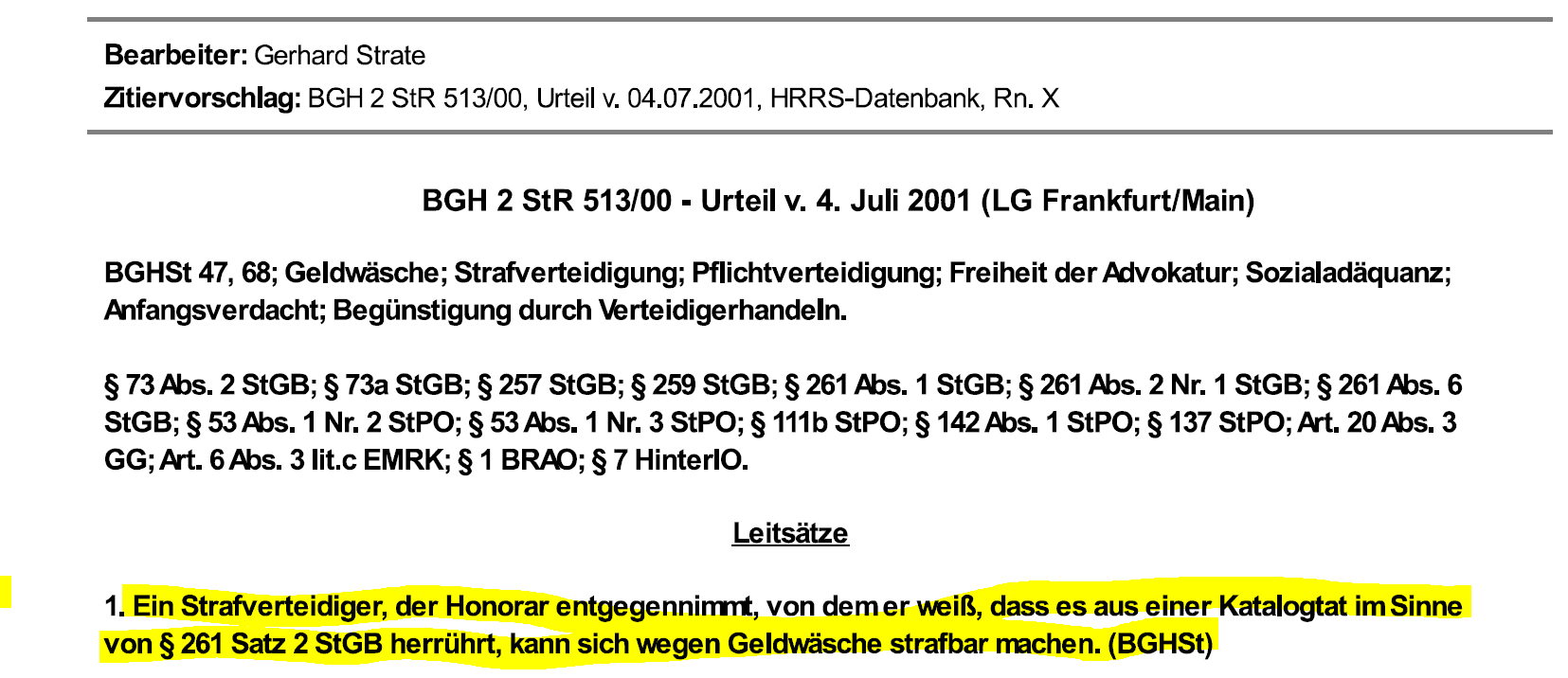The self-proclaimed online gambling pioneer Uwe Lenhoff and his partners have millions in assets. During his detention during an international police operation in Austria at the beginning of 2019, the police secured a Ferrari, a Bentley, expensive watches and cash in various currencies. According to its own statements, Lenhoff has extensive real estate assets. Allegedly he owns 4,400 apartments in Amsterdam. He is also the principal shareholder of the listed Veltyco Group PLC.
Tainted Assets
According to the authorities, Lenhoff’s assets were earned through illegal and fraudulent online sites such as Option888, XMarkets or TradoVest. Through these websites, retail investors have been betrayed by many millions. Financial market supervisory authorities of various jurisdictions have warned against the websites and companies of Lenhoff. So that was publicly known.
Lenhoff was extradited to Germany at the beginning of July 2019 and awaits indictment for financial crime, fraud and money laundering. The German Tagesschau, Sueddeutsche, and Handelsblatt have extensively reported on this huge online fraud case. A millionaire suspect in a high-profile media case. A highly attractive case for any criminal defense attorney.
Attorney fees and money laundering
Perhaps one of the renowned German criminal law firms has already been retained by Lenhoff and is looking forward to the coming rain of money. Of the many millions of stolen client funds, some will be frozen, but some will also be hoarded on offshore accounts or with other related parties.
But beware, it shouldn’t be quite that easy with the payment of the fees from tainted assets. The German Federal High Court (BGH) already in 2001 presented its decision Az 2 StR 513/00 stating that, if the defendant’s attorney accepts money knowingly, which originates from a criminal offen
Neither the lawyer’s freedom to choose his profession nor the defendant’s right to a defen
In particular, the judgment dealt with the case in 1994 when attorneys were appointed by a married couple to defend them in a fraud case. This couple has been indicted on charges of investment fraud in connection with a pyramid scheme called European Kings Club e.V. For years retail investors were promised completely unrealistic returns of 71 percent. These returns could only be paid with the funds of the new investors. All in all, the couple managed to raise almost two billion marks, of which only about 1.5 billion marks flowed back to the investors.
Lenhoff’s model around the illegal broker sites Option888, TradoVest or Xmarkets worked similarly. Investors were promised huge returns with binary options, CFDs or cryptocurrencies. Partial payments to clients were made which were financed with new funds from other investors. Actually, these broker sites didn’t make money. And they never traded any kind of assets or financial instruments. In addition, the numerous warnings issued by financial market regulators made the illegality of these websites public knowledge. So that also knowledge of every criminal defender dealing with it today and applying proper Know-Your-Client (KYC) and Anti-Money-Laundering (AML) checks.
Court-appointed defense lawyer?
If it now becomes obvious from the authorities forensic analysis in the criminal proceedings of Uwe Lenhoff, Gal Barak and other accused persons that they earned their fortune exclusively from these criminal activities, then any payment of fees would probably be to be qualified as money in a racket, i.e. as tainted money. According to the German legal interpretation, a defendant who has only tainted assets is to be treated in the same way as a defendant without funds. The defendant without means only has the option of a court-appointed defense counsel.
Attorneys who accept tainted money as payment for their fees are guilty of money laundering. This may also apply to the attorneys Uwe Lenhoff, Gal Barak and the other partners of the Cybercrime organization retained. But maybe these people have been doing serious business alongside their fraudulent broker sites. That is not recognizable at present but one can never know.
In any case, the 2nd senate of the BGH in the
The acceptance of “fault” money as a criminal defense lawyer’s fee in the knowledge of its origin falls under § 261 Para. 2 No. 1 StGB. Neither defense lawyers as perpetrators nor defense lawyers’ fees as objects are excluded from the money laundering offense. The criminal law of money laundering should isolate the perpetrator as far as possible and prevent him from putting his dirty money into circulation. It would therefore not correspond to the job description of a criminal defense lawyer to receive a fee from which he knows that it stems from serious criminal offenses. Nor can it be the case that a defendant finances a selected lawyer with illegal means. If his lawfully acquired assets are not sufficient, there is still the possibility of a court-appointed defense lawyer. (Source: Federal Court of Justice, money laundering by defense lawyers)
The effect of this revision decision is that defence lawyers will in future have to resign their mandate if they learn of the illegal origin of the fee. If they instead become active as public defenders, they receive a lower remuneration than an election defender.
